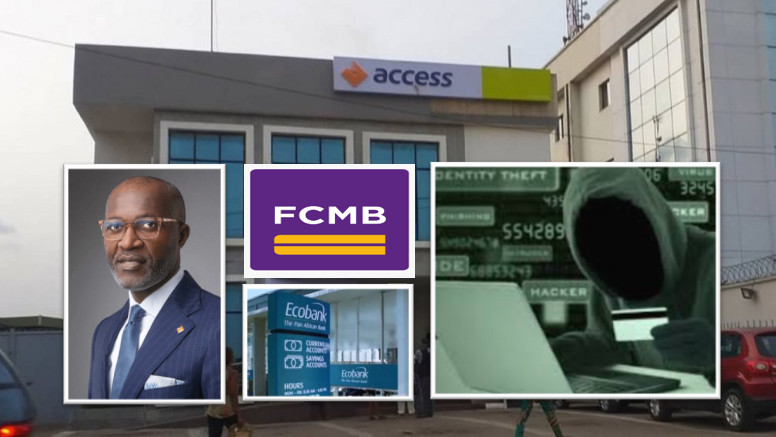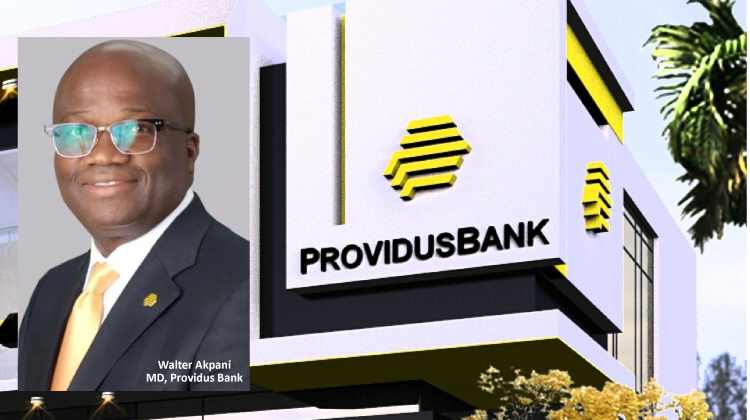Finance
Different Types of Bank Accounts
In today’s world, navigating the financial landscape can feel overwhelming. Understanding the different types of bank accounts empowers you to make informed decisions about where to deposit your hard-earned money and how to manage your finances effectively. This comprehensive guide explores the various account options available, outlining their features, benefits, and drawbacks to help you select the account that best suits your financial needs.
Essential Accounts: The Cornerstones of Your Financial Management
Every individual should consider these core bank accounts to manage their finances effectively:
-
Checking Accounts: These are the workhorses of everyday banking. Checking accounts allow you to deposit and withdraw funds easily, write checks, use debit cards for purchases, and often come with features like online bill pay and mobile banking. They are ideal for managing regular expenses and receiving your paycheck. However, they typically offer minimal to no interest on your deposited funds.
-
Savings Accounts: Designed for accumulating money over time, savings accounts offer a modest interest rate on your deposits. They are suitable for saving for short-term goals like a vacation or emergency fund. Savings accounts typically limit the number of withdrawals per month to encourage saving.
Beyond the Basics: Specialized Accounts for Specific Needs
In addition to the essential accounts, various specialized accounts cater to specific financial objectives:
-
Money Market Accounts: These offer a higher interest rate than traditional savings accounts while maintaining some liquidity. However, they may have restrictions on withdrawals and minimum balance requirements. They can be a good option for short-term savings goals that need to be readily accessible.
-
Certificates of Deposit (CDs): CDs offer a fixed interest rate for a predetermined period, typically ranging from a few months to several years. The earlier you withdraw your money before the maturity date, the penalty you may incur. CDs are ideal for parking a lump sum of money and earning a guaranteed return over a fixed term.
-
High-Yield Savings Accounts: These accounts offer competitive interest rates compared to traditional savings accounts. However, they may have minimum balance requirements or limitations on monthly withdrawals. High-yield savings accounts can be a good option for maximizing interest earned on your emergency fund or short-term savings goals.
Premium Accounts: Added Perks for Higher Balances
Some banks offer premium accounts that come with additional benefits for maintaining a high minimum balance:
- Interest Rate Boost: Premium accounts often offer higher interest rates on checking or savings accounts compared to standard options.
- Waived Fees: Monthly maintenance fees or ATM transaction fees may be waived when you maintain a qualifying minimum balance in a premium account.
- Enhanced Rewards: Premium accounts may offer additional rewards programs like cashback on debit card purchases or travel benefits.
Considering Your Needs: Selecting the Right Account
Choosing the right bank account hinges on your financial goals and spending habits:
- Frequency of Access: If you need frequent access to your money, a checking account is ideal. For less frequently accessed savings, consider a savings account, money market account, or CD.
- Savings Goals: Match your account type to your savings goals. Checking accounts are suitable for everyday expenses, while savings accounts or CDs are ideal for short-term and long-term savings goals, respectively.
- Interest Rates: Compare interest rates offered by different banks to maximize your return on your deposited funds.
- Fees: Be aware of monthly maintenance fees, ATM transaction fees, and minimum balance requirements associated with different accounts.
Beyond Traditional Banks: Exploring Alternative Banking Options
In addition to traditional brick-and-mortar banks, consider these alternative banking options:
- Online Banks: These banks operate exclusively online, often offering competitive interest rates and lower fees compared to traditional banks.
- Credit Unions: Not-for-profit institutions, credit unions offer similar account options as traditional banks but may have a focus on member benefits and lower fees.
Additional Considerations: Joint Accounts, Safe Deposit Boxes, and More
- Joint Accounts: Joint accounts allow two or more people to share ownership and access to a bank account. This can be beneficial for couples managing household finances or parents managing children’s accounts.
- Safe Deposit Boxes: Banks offer safe deposit boxes for storing valuables like jewelry, important documents, or heirlooms for a fee.
- Student Accounts: Many banks offer student accounts with features like lower fees or ATM fee reimbursements tailored to the needs of students.
The Importance of Security: Protecting Your Bank Accounts
Here are some essential security measures to safeguard your bank accounts:
- Strong Passwords: Create strong and unique passwords for your online banking access.
-
Two-Factor Authentication: Enable two-factor authentication for your online banking access. This adds an extra layer of security by requiring a code from your phone or email in addition to your password when logging in.
-
Monitor Account Activity: Regularly review your bank statements and online banking activity for any suspicious transactions. Report any discrepancies to your bank immediately.
-
Beware of Scams: Phishing scams attempt to trick you into revealing your bank account information. Be cautious of emails, texts, or phone calls requesting personal financial information. Never share your bank account details with anyone you don’t trust.
Building a Strong Financial Foundation: Making Informed Decisions
Choosing the right bank account is a cornerstone of effective financial management. Here are some concluding takeaways:
- Understand Your Needs: Identify your financial goals and spending habits to select the account that best aligns with your unique circumstances.
- Compare Options: Research different banks and online banking platforms to compare interest rates, fees, and features before making a decision.
- Start Early and Build Healthy Habits: Open an account early, even if you can only start with a small amount. Develop a consistent savings habit to build a secure financial future.
By understanding the different types of bank accounts available, considering your financial needs, and prioritizing security, you can make informed decisions about where to manage your money. Remember, the right bank account empowers you to manage your finances effectively, save towards your goals, and achieve financial well-being.







